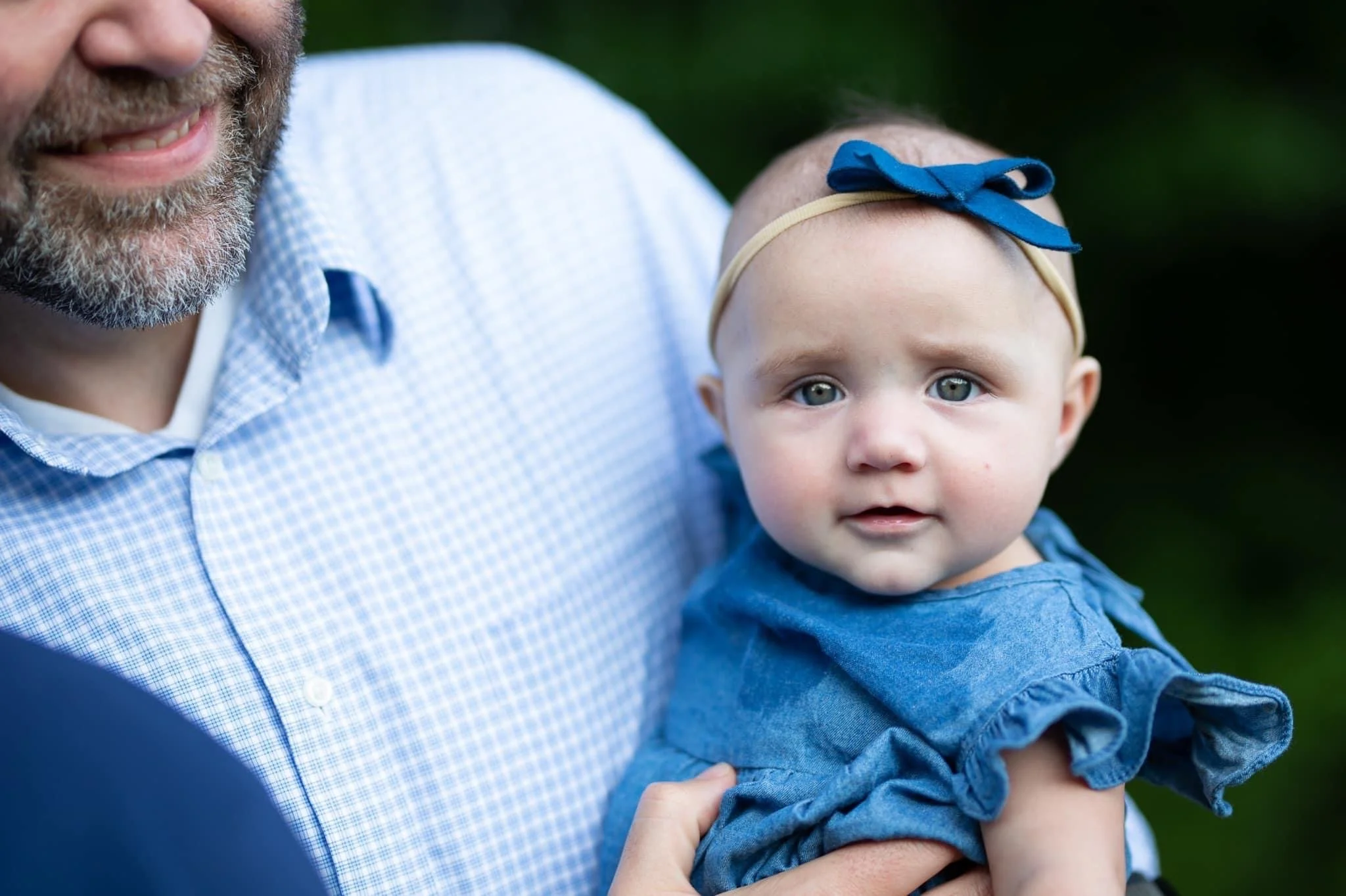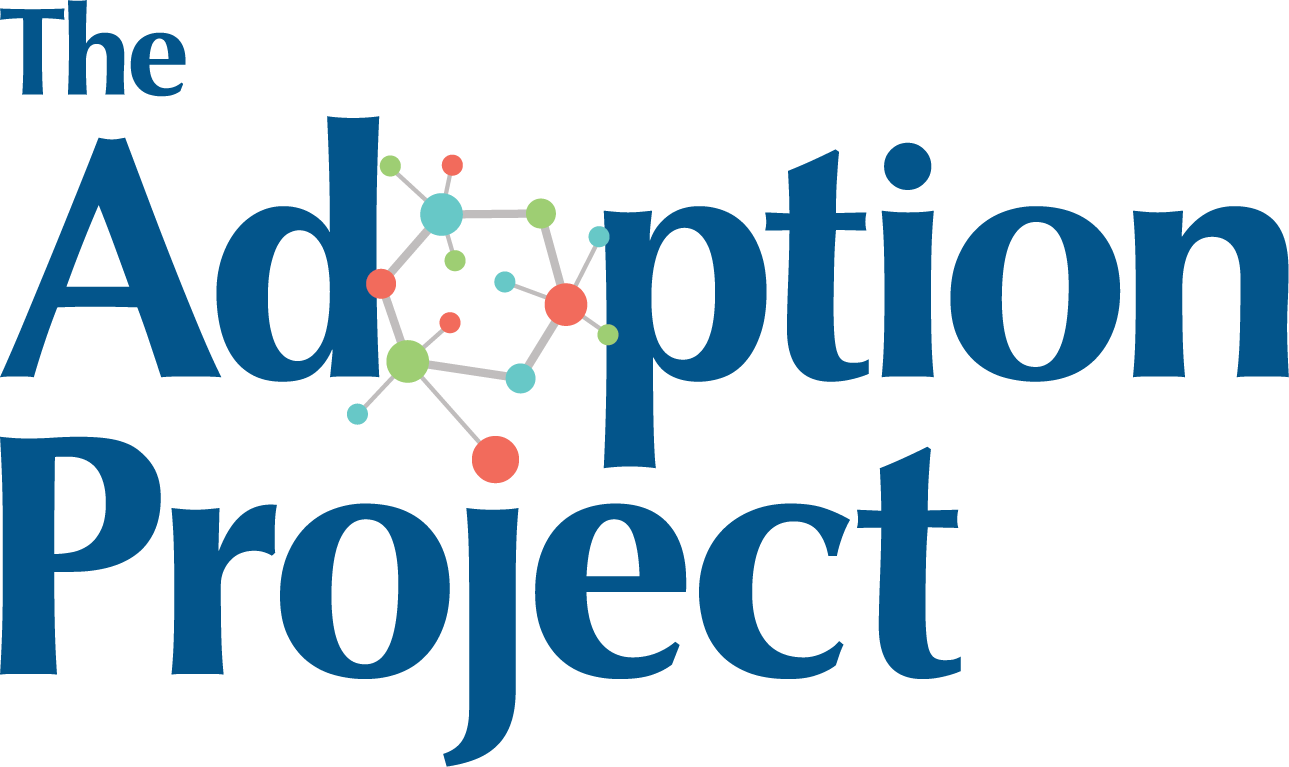
Adoption Friendly
What does it mean to be adoption friendly?
An adoption-friendly system operates in the best interest of the entire adoption constellation including children, adoptive parents, and placing parents.
Making Tennessee the most adoption-friendly state in the country will require changes in public policy to make the process more efficient and easier to navigate. This includes enhancing partnerships between the government, non-profit, faith-based, and business communities to ensure that proper supports are in place for everyone involved.
The Adoption Project has established the following principles to define “adoption friendly,” and guide the development of public policy moving forward.
Safe.
The system must operate with safety at the forefront to help ensure to the best of our ability that children do not live in abusive or neglectful environments, newborns leave the hospital and go home to safe situations, and foster and adoptive families provide nurturing homes.
Ethical.
The system must operate ethically so that no biological parent is pressured to voluntarily place a child and all parties, especially the child, are treated with dignity. An ethical system requires appropriate safeguards so that no one involved is exploited.
Efficient.
The system must operate efficiently by creating safe and ethical pathways to voluntary placement, finalizing adoptions within a reasonable time frame, eliminating gaps in healthcare coverage, working to reduce the cost, and removing red tape to streamline the private adoption process and limit the length of time a child is in foster care.
Permanent.
The best interest of a child is to have a safe, loving, and permanent family. For children in foster care that is sometimes achieved by reunification with the child’s biological family. However, in cases where reunification is not possible, the system must identify an appropriate placement in an expedited manner, break down barriers to permanence, and improve partnerships to help ensure that a child seeking a permanent family does not age out of the system alone.
Supportive & Affirming.
There is an abundance of love and hope in adoption and foster care. There are also challenges, grief and trauma. Expanded support and mental health services help prevent disruptions in placements and address gaps in care, particularly for parents who voluntarily choose to place their child for adoption often amidst additional crises in their lives. We must also recognize the sacrifice of placing parents by changing public perception and removing any stigma associated with voluntarily placing a child for adoption.
